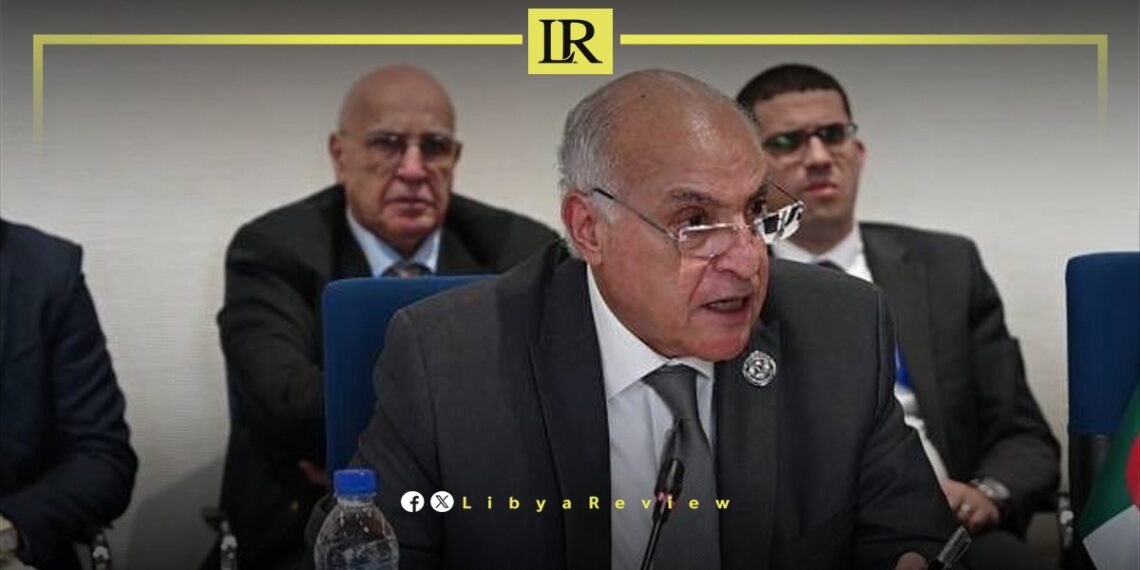The Algerian Foreign Minister, Ahmed Attaf, urged Libyan factions to leverage the upcoming National Reconciliation Conference in Sirte in April to mend ties among Libyans.
During a meeting discussing the African Union’s (AU) high-level committee report on the Libyan crisis, Attaf encouraged Libyan parties to actively engage in United Nations (UN) efforts to facilitate necessary conditions for elections as a lasting solution to the country’s crisis.
Algeria reiterated the need to end foreign interventions, calling on external parties to withdraw from Libya, allowing African and international efforts to converge towards enabling Libya to embark on a new era of security, stability, and prosperity.
Earlier, the United States (US) Special Envoy to Libya, Richard Norland, said his country looks forward to the National Reconciliation Conference scheduled to take place April 28th in Libya’s Sirte.
Norland stressed that the national and local reconciliation remain a central focus for US assistance under the US Strategy to Prevent Conflict and promote stability.
He hailed the recently meeting of the AU’s High-Level Panel on Libya in support of the political process and national reconciliation in Libya. This event reinforces the efforts of UN Envoy, Abdoulaye Bathily, to launch political negotiations with key stakeholders.
Libya has been in chaos since a NATO-backed uprising toppled longtime leader Moammar Gaddafi in 2011. The county has for years been split between rival administrations.
Libya’s economy, heavily reliant on oil, has suffered due to the ongoing conflict. The instability has led to fluctuations in oil production and prices, impacting the global oil market and Libya’s economy.
The conflict has led to a significant humanitarian crisis in Libya, with thousands of people killed, and many more displaced. Migrants and refugees using Libya as a transit point to Europe have also faced dire conditions.
The planned elections for December 2021 were delayed due to disagreements over election laws and the eligibility of certain candidates. This delay has raised concerns about the feasibility of a peaceful political transition.
Despite the ceasefire, security remains a significant concern with sporadic fighting and the presence of mercenaries and foreign fighters. The unification of the military and the removal of foreign forces are crucial challenges.


